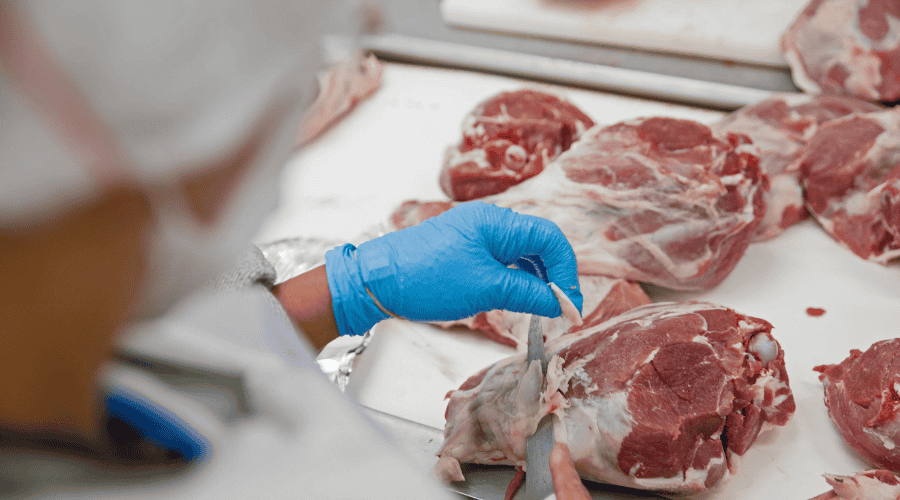
A major scandal has rocked Brazil’s meat export industry, raising concerns about food safety and government oversight. Investigative reports have revealed that shipments of rotten meat were exported to international markets, and allegations suggest that a deliberate cover-up helped these shipments avoid detection.
Overview of the Scandal
In recent months, multiple investigations have brought to light that some Brazilian meatpacking companies exported products that failed quality standards. Inspections reportedly found that batches of meat, already in a state of decay, were approved for export. Consumer complaints and whistleblower testimonies have added fuel to the controversy, prompting further scrutiny from both domestic authorities and international regulators.
For more detailed insights on food safety issues, see our internal article on Global Food Safety Challenges.
Allegations of an Export Cover-Up
Reports indicate that when rotten meat was discovered during routine inspections, instead of halting exports, officials allegedly intervened to sanitize the paperwork. This allowed contaminated shipments to slip through regulatory checks. Critics argue that the cover-up was driven by a mix of industry pressure and corruption, with some government officials accused of turning a blind eye in exchange for political or financial incentives.
External investigations by media outlets such as Reuters and BBC News have highlighted similar patterns in past export scandals, drawing parallels with the current situation in Brazil.
Industry and Government Response
The Brazilian government has launched inquiries into the matter, promising to tighten export controls and improve inspection protocols. Industry leaders, on the other hand, claim that the vast majority of exports meet international standards, and they stress that isolated incidents should not tarnish Brazil’s reputation as one of the world’s leading meat exporters.
Nonetheless, consumer advocacy groups and international importers are calling for a transparent investigation. They demand that responsible parties be held accountable to restore confidence in Brazil’s food safety systems.
International Implications
The scandal has potential repercussions beyond Brazil’s borders. Countries that import Brazilian meat are now reviewing their own inspection processes and may impose stricter controls. The scandal serves as a stark reminder of the importance of robust food safety measures in an increasingly globalized market.
For further perspectives on how export scandals can affect global markets, visit our external resource on International Trade and Food Safety.
Conclusion
While investigations are ongoing, the Brazilian rotten meat scandal underscores a critical need for regulatory reform and increased transparency. Whether driven by negligence or intentional cover-ups, the fallout from this incident could lead to significant changes in how food safety is monitored both domestically and abroad. As the story unfolds, stakeholders remain watchful for the outcome of the inquiries and any subsequent policy changes.
For continuous updates on this and related stories, explore our Latest Investigative Reports section.

